Forests and their impact on our environment
We can find forests all over the world, unfortunately not so many as in the past. Our forests are threatened worldwide and need our help to be protected. The deforestation (=Abholzung) and the slash and burn continue unstoppable and our tree-reserves are used up soon. The question, if people need forests to be healthy, is always present. Which impacts do the trees have on the animals and human beings? In which extent is the humanity instructed on the forests? In this article, we want to answer these questions with the help of an interview with a forest owner, online research and a survey.
[Belgium’s partner team contribution “The Mystery of Kalmthoutse Heide“]
Online research
In an intact forest community, you can find trees from every generation. The forest has his own life cycle. The damaged and dying trees offer the animals and plants a shelter. Additionally, we know that as bigger the wood stock (=Baumbestand) as more CO2 can the forest absorb. [1]
In a few thousand years, humanity has damaged a huge range of rainforests – the lunge of our world. This wood is mostly needed for packaging material, hygiene paper, news- and copy paper. All three seconds a forest area as big as a football field is disappearing. Over 90% of the felled tropic wood is cut down illegally. Our worldwide forests take in more than 100 million animal- and plant species. The golden rule in the protection of the forests is the quote “Only take as much as can be regrown”. The three main reasons because the forest is cut down is the expansion of agriculture and the infrastructure and the use of wood. [1]
FSC stands for «Forest Stewardship Council” and is an international certification system for a sustainable forest economy. Furniture, toys, books, school folders, pencils which are marked with the FSC label, are made from trees out of responsible cultivated forests. Because of the deforestation, it is more than ever very important to prevent our forests. [3]
Der Schutz der Wälder braucht Anstrengungen der Bewirtschaftung, Gesetzgebung, in der Produktion, entlang der Lieferketten wie auch beim Konsum von Holz- und Papierprodukten. (Simone Stammbach, Verantwortliche Wald, WWF Schweiz) [2]
Interview

We interviewed the business economist Guido Bischof who owns parts of the forest in Schlieren (0.6 hectares) and Embrach (0.3 hectares).
What do you enjoy the most about your forest?
While working in an office I need something to balance out my routine and this change I find in my forest. I work for about 1 to 2 hours in the forest, then my body is tired but my head is cleared out and I feel balanced inside. I relax and recover the best when I am in the woods. That brings me the greatest joy, recovering by working out in the fresh air. I enjoy watching and observe how the young trees grow bigger from year to year.
How do you see the future of the forests in Switzerland? Will there be less or more forest in the future?
Depending on where you are in the country the woods are very different. The forests in the canton of Tessin look very different than the forests in the midlands (=Mittelland) and in the canton of Jura. And these again look different than the forests in the Alps.
The forests in the midlands are going to face great difficulties if climate change continues as fast as it does now. Certain tree species are probably going to vanish such as the common beech (=Buche) and the Norway spruce (=Fichte). But these trees are the most important ones in the midlands. In the future, there will be less forest in the midlands and the compositions of the trees will not be the same as it is now.
The Forest in the alps is growing now already because a lot of alps are not being cultivated. That’s how the forests can expand in the alps and grow bigger.
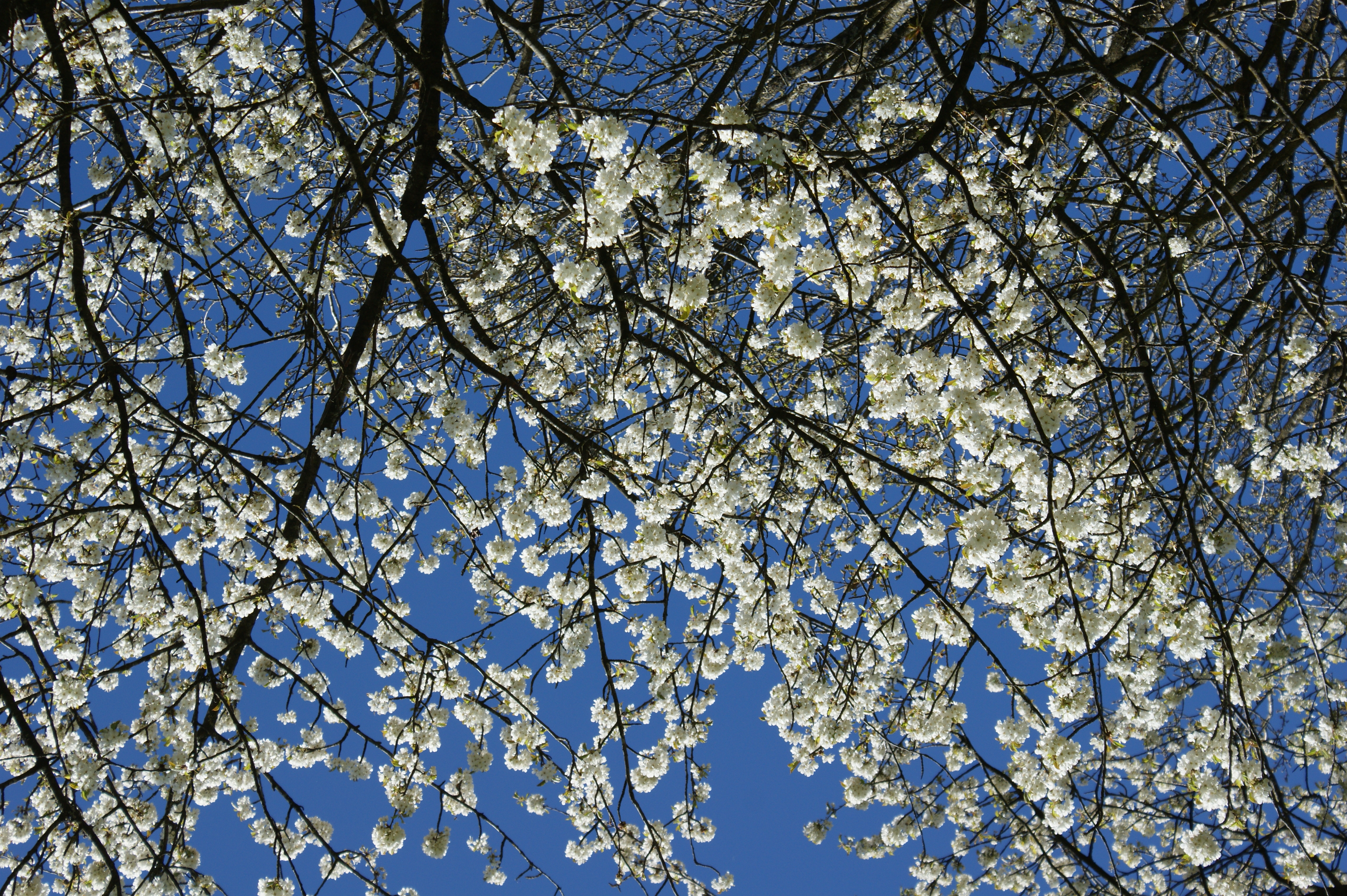
Worldwide there is a lot of deforestation, what is your opinion on this subject?
That is one big catastrophe. With the deforestation we humans change the weather and erase many animal and plant species irretrievably. With every animal and every plant that becomes extinct (=aussterben), the world as a natural habitat becomes poorer. It is quite likely that by cutting down the forests we jeopardize (=gefährden) our own race and its superiority (=Überlegenheit).
Are you more committed to the protection of Forests (the environment) because you own a forest yourself?
Owning a forest has strengthened my environmental awareness even more, especially when I’m voting. And also, while making conversation and making forest tours, I try to convey more knowledge about the woods. I specifically commit myself to the protection of the forests, with my work in my own forest and by trying to take care after it. I try to make sure it survives and has as many different native tree species (=Einheimische Baumarten) growing as possible. In my forest, there are about 20 different tree species that are mostly native.
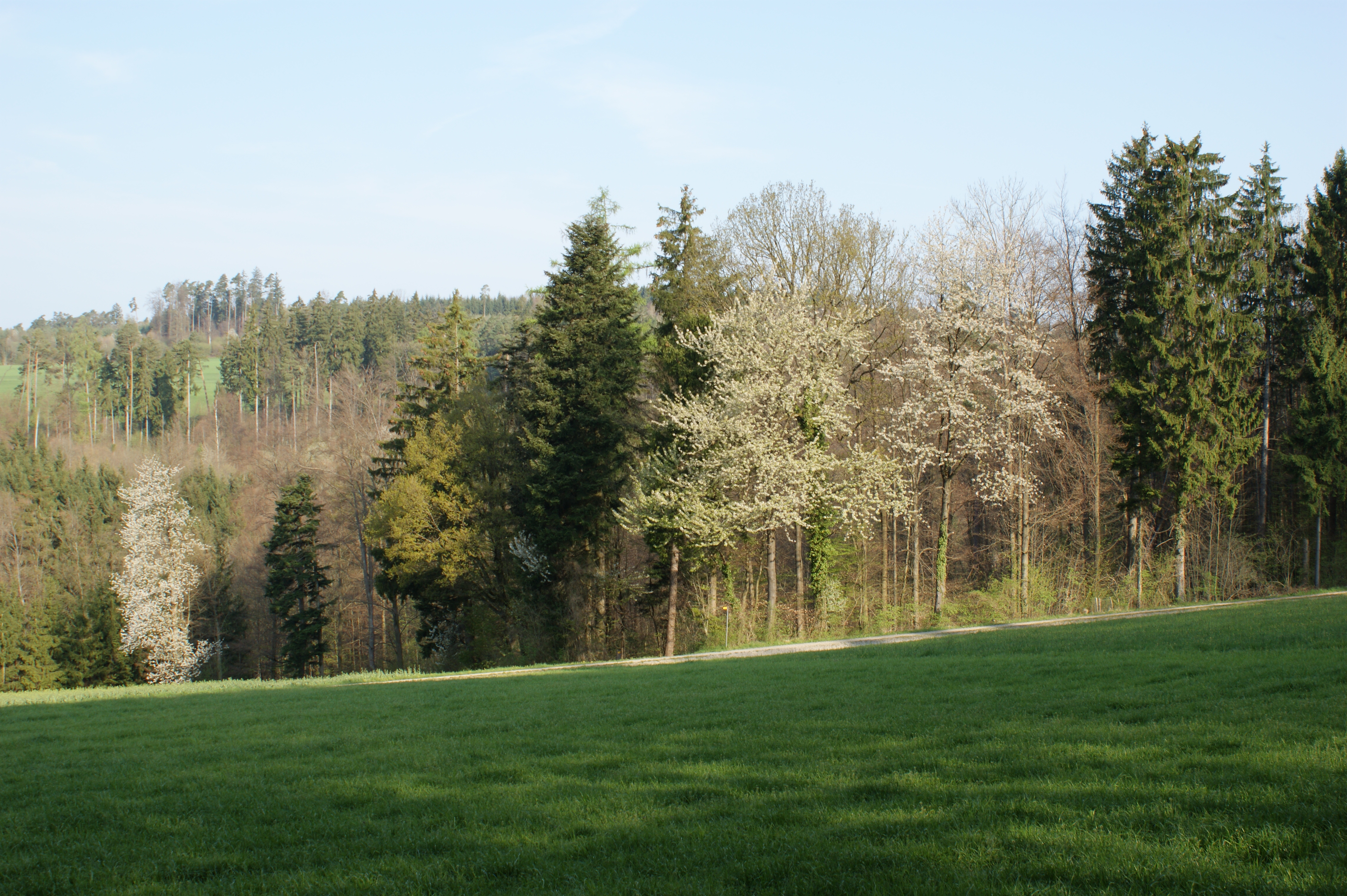
To see the full interview in German click here… (PDF)
Survey
Totally we had 128 participants and 9 people who have not finished the survey. Approximately 36% live in the country, 44% of the participants live in the suburbs and one-fifth live in the city. More than half of the people are female. Over 80% of the participants are between 15 and 25 years. Three-quarters are students.
Future forecast
The climate change is continuing steadily and our environment will change. In a few decades our earth will be hotter and we might suffer from a severe water shortage (=Wasserknappheit). Also nature and especially the forests suffer from the water shortage. Foreign plants will naturalize (=einbürgern) in our forests and there will be a change in the tree stock (Baumbestand). For example, the spruce (Fichte) will disappear but the evergreen hemp palm tree from the Tessin will naturalize in northern elevations. Additionally, the trees will have a problem with pests, mushrooms and microorganisms because they feel quite well in a warm climate. Warm vegetation periods, for example, the bark beetle (=Borkenkäfer) will regenerate faster. Further because of the extreme dryness our rivers and lakes will dry out. But when the rain comes there will be flooding and there will be a higher chance of landslides (=Erdrutsche). [4]
After the experience / reflection
We are quite satisfied with our project. We were able to interview a very interesting forest owner who has a huge knowledge about forests. Our survey had over 120 participants and reveals the opinion of different people regarding age and nationality (collaboration with Belgium). Further, from the online research, we had a lot of information from organisations like Greenpeace and WWF. During our project, we could gain new knowledge and also improve our English, because the task was bilingual. This project was also a challenge for us to work with different media and get in touch with different people. Furthermore, because of the project, we are now more aware of the importance to look after our nature and especially our forests. Our forests and trees contribute a lot to our life quality and are very important for our health.
We think the best way to protect the environment is to keep in mind that you put your rubbish in the bin and don’t waste too much electricity. You can also donate to huge organisations who take care of these issues like deforestation and littering in the woods.
Thank you for reading!
Your Forest-Team
Laura Kuster & Kathrin Züst
[Belgium’s partner team contribution “The Mystery of Kalmthoutse Heide“]
Sources
[1] Wald (greenpeace.ch)
[2] Engagement für eine nachhaltige Waldwirtschaft (wwf.ch)
[3] FSC – was ist das? (wwf.de)
[4] Dossier: Die Schweiz im Klimawandel? (wsl.ch)
On-topic posts on dontwastemy.energy
How can plants survive in the climate change?
Glacier melting & Floods – Climate crisis’ Effects
Biodiversity – The importance of nature for ours all future
Palm Oil
☷ See the project teams here »
☵ Some words about the contributions »
☴ Our sponsors and partners » (the-horse.education)
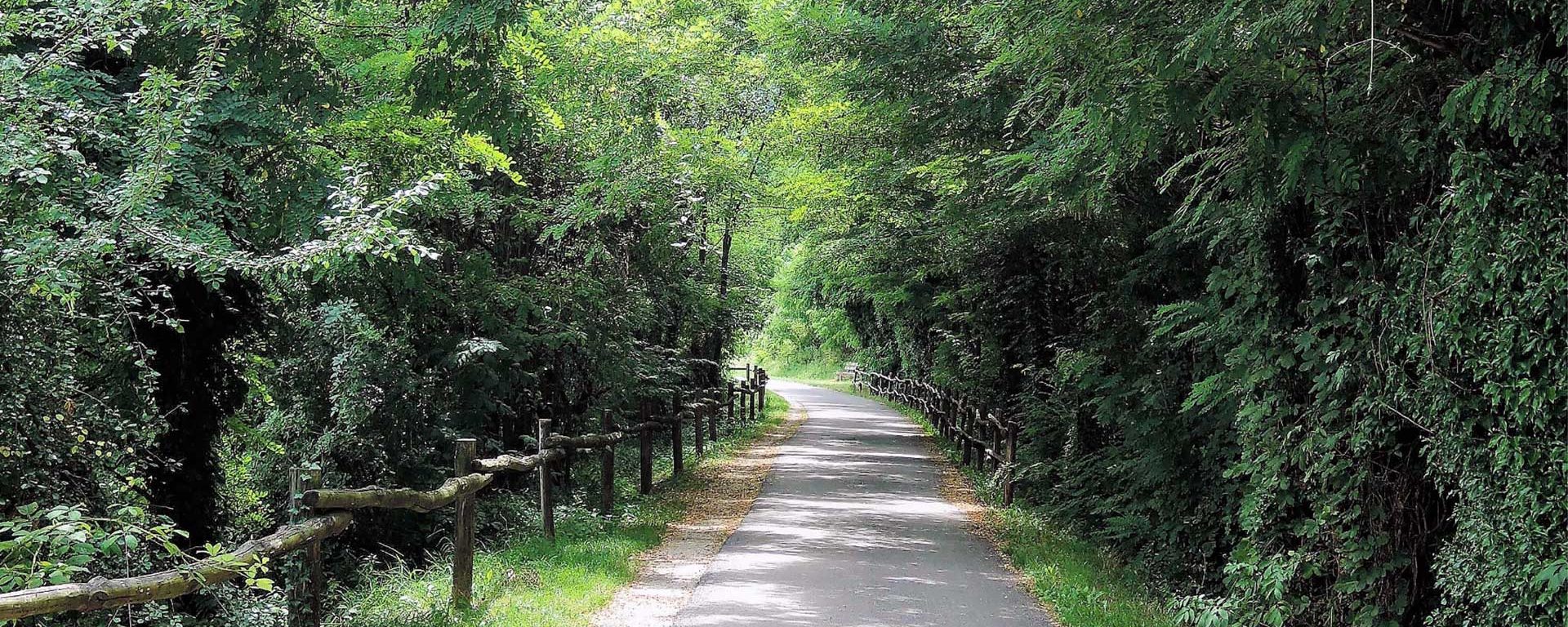
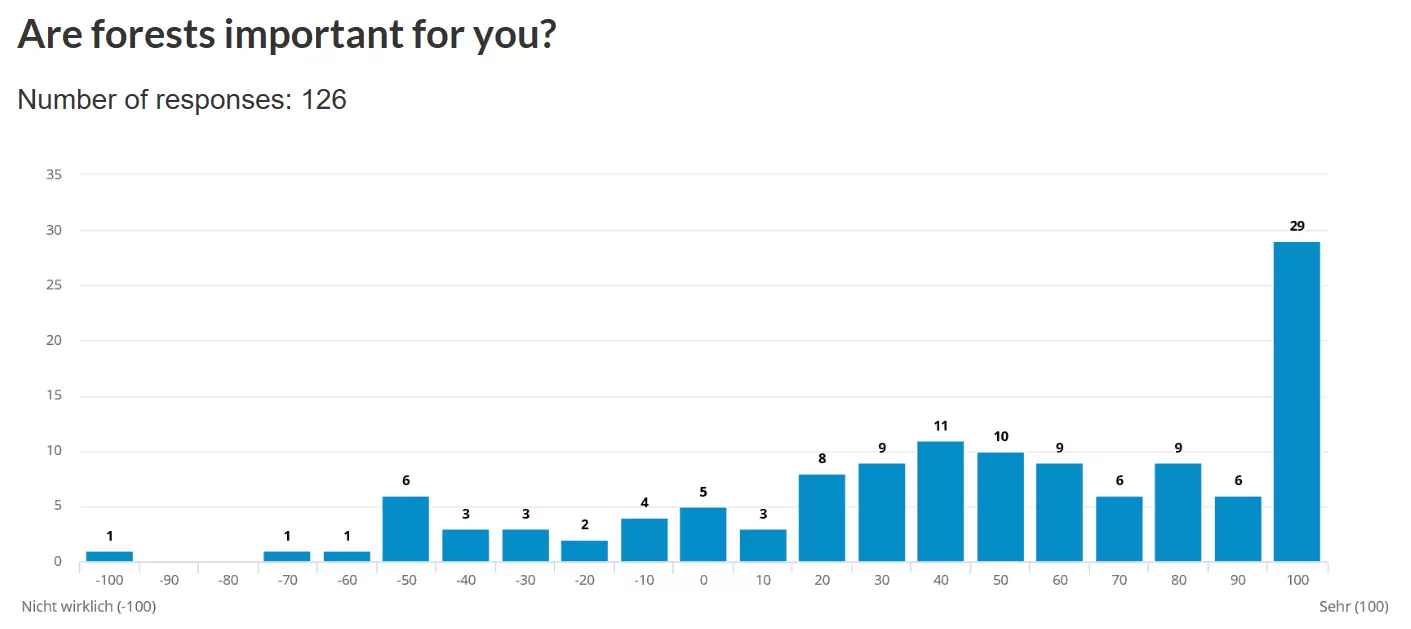
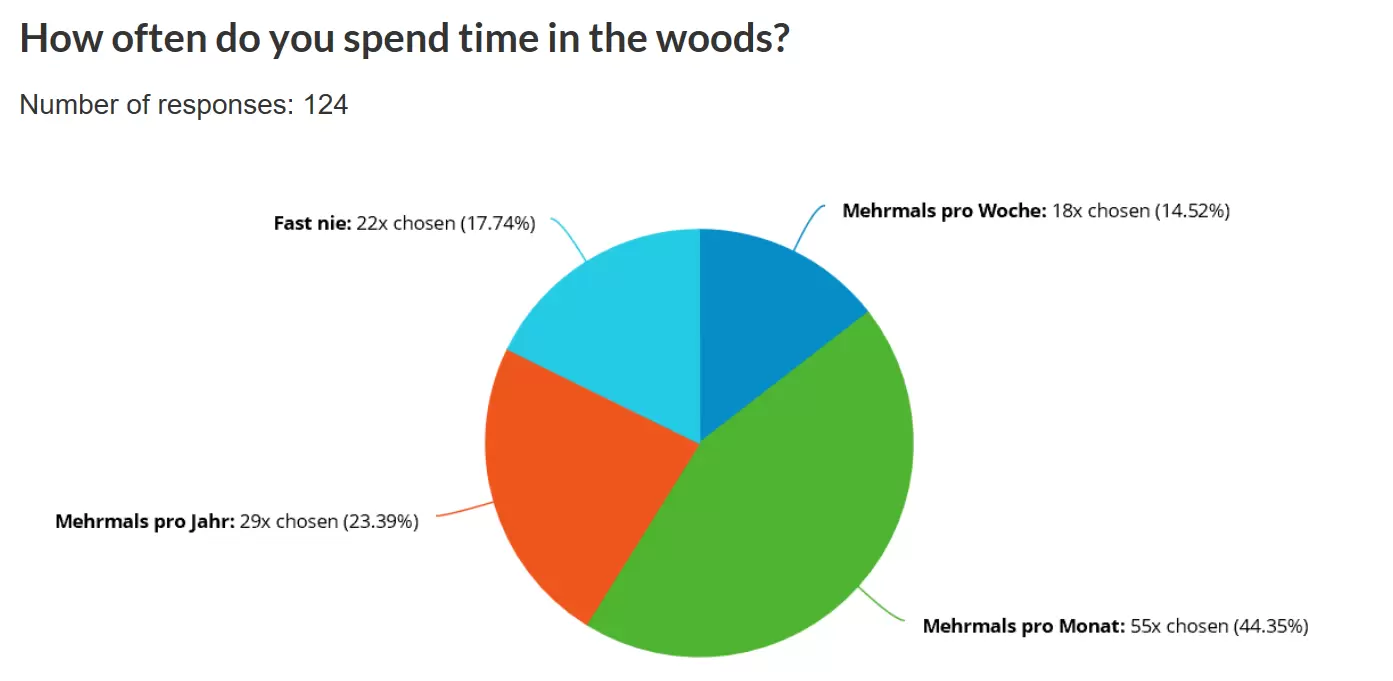
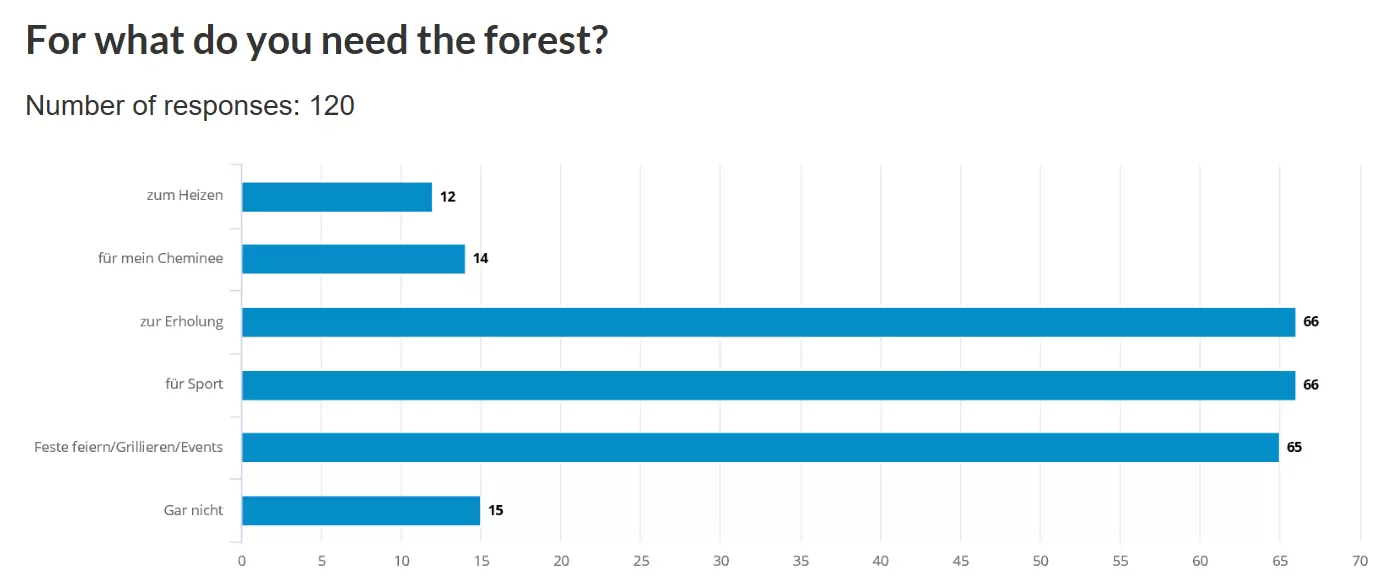
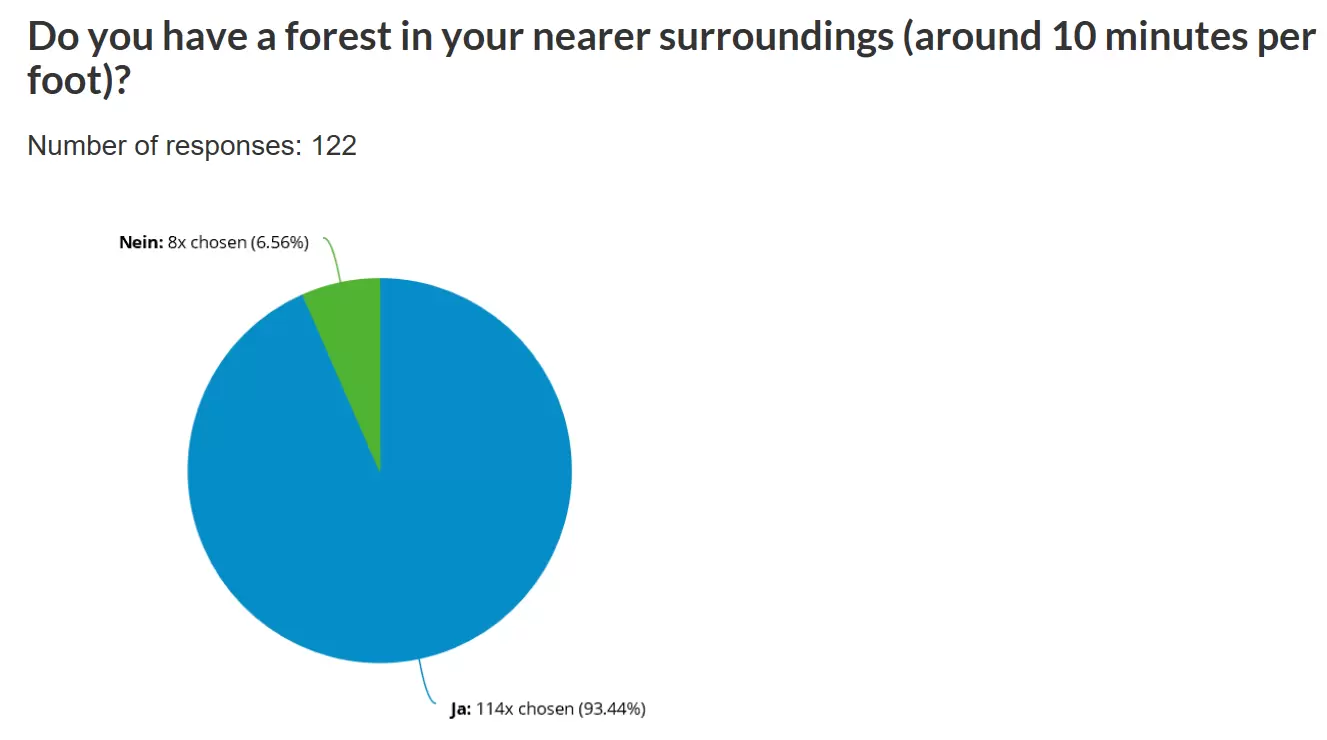
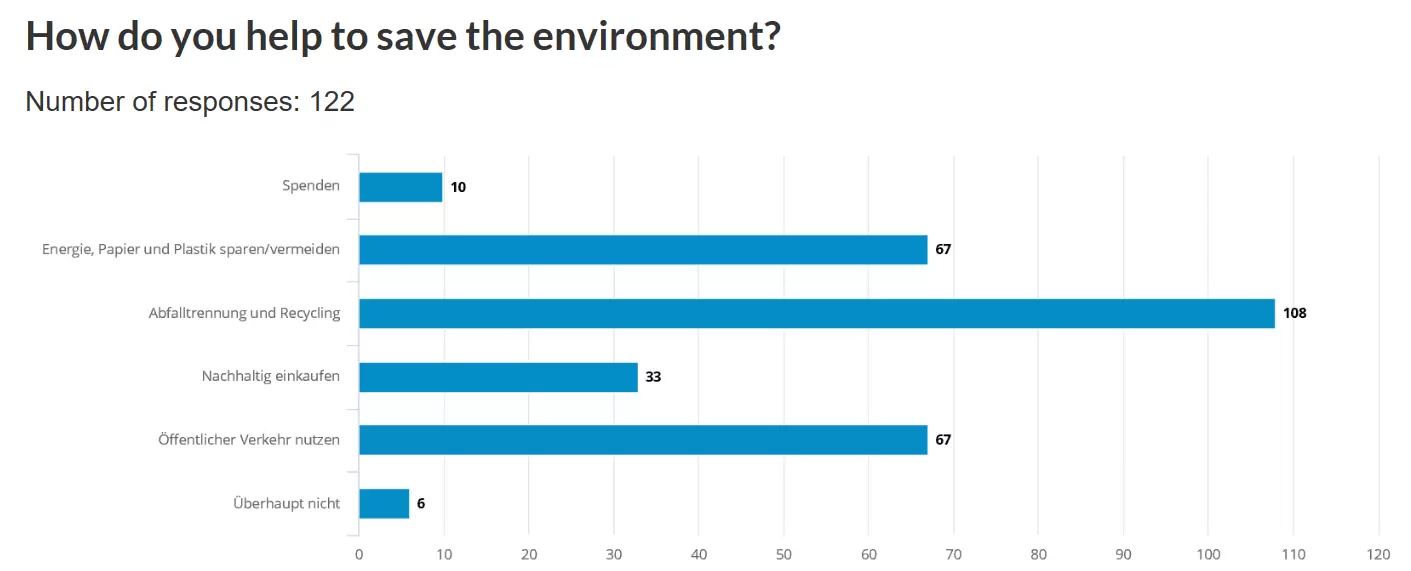
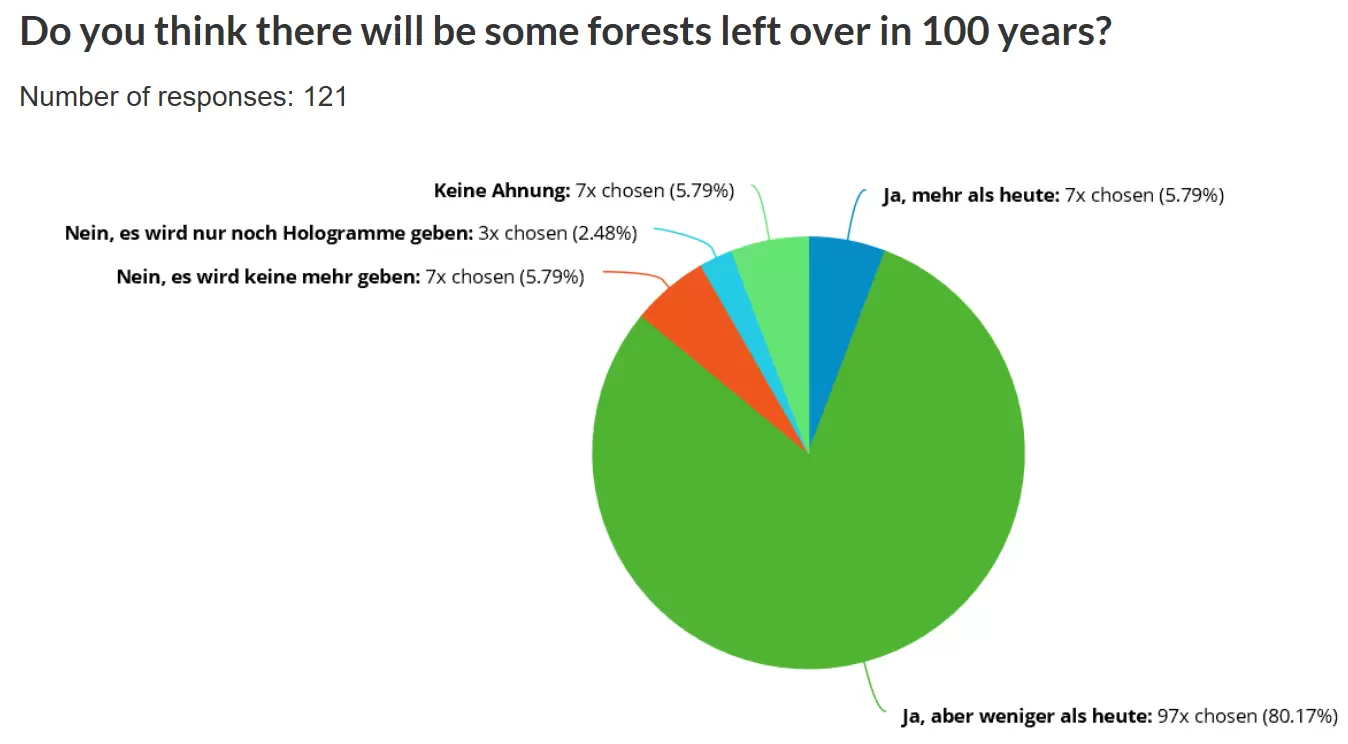
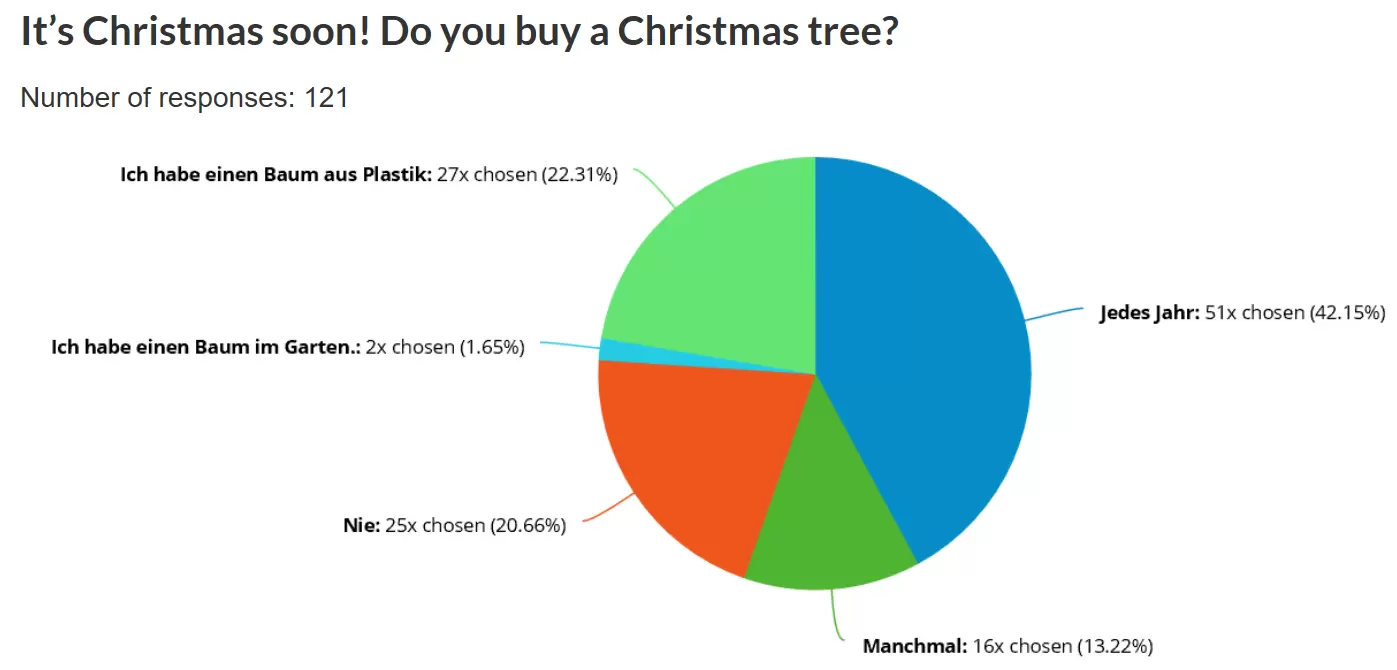
Hello Guys!
It was a pleasure reading about your experiment. It is amazing to see how much work you put into this project. With all the information you guys provided it is easily possible to get the necessary information. The only problem I encountered was the one regarding the interview. It is cool that your partner is a forest owner himself, the question is just if it had not been better to interview someone with more forest area to his name. Additionally, if you use an uncommon unit of measurement, give the reader a bit of help for example with square meter. Maybe even consider making a comparison with a football field. For your information, one hectare is equivalent to 10’000m2. For comparison a regular sized football field is roughly 7140 m2.
(https://www.fussball-fragen.de/index.php/allgemein/wieviel-quadratmeter-hat-ein-fussballfeld/)
But overall it is good work, and I like that you even went into the mental aspect of what forests do for our society.
Hi Laura & Kathrin!
I really enjoyed reading your article. I now realize that I should appreciate the beauty of the forests more, since it may not be there forever. Or at least not how we know them now. I thought the interview was very well done as well as the surveys, you really can get an idea of what different people think and what their opinions are. It saddens me that we can’t really do anything to stop the changes from happening and I hope we will still be able to enjoy the beauty of the forests in a few decades.
I would have loved to read a little more about what an individual person can do to help protect the woods. Also I thought the rainforest-part was really interesting and I would have enjoyed reading more about it.
All in all a very well done report, i loved reading it! 🙂
Hi there!
The topic you chose is so important and I really like your text. You show us the main facts about the forest and how necessary it is to take care of it. Especially in the situation now nobody can hide or lie any longer about the climate change. As you said, the forest is the lunge from this one planet earth.
I also like the interview with the forest-owner. It shows the forest from another perspective. (and that you put the German link for the interview in it to)
Maybe you could write more about the rainforest – the big forests and how they have a big impact on us, what would happen if there are no more forests, or what you can do to safe especially the forest.
In my opinion, this is a very informative article, which shows us the problem we have with the entire climate change, especially with the forests, which always get smaller.
I also like the diagrams you used, because they really help to imagine the situation better. The facts are very impressive and I learned a lot of new things.
Maybe you could also write how exactly we can help the forest in our daily routine, for example read online magazines, use ecological paper or avoiding the paper towels.
Here is a link where you can find different ways to protect our forests: https://www.conserve-energy-future.com/fabulous-ways-to-protect-trees-and-conserve-forests.php
Hi there!
The more I read the worse I felt.
You chose a good and very important topic, it is more actual than ever and it should be read by more people.
It is terrifying what is going on, everywhere. We already know and feel that the whole environment is changing and this is alarming. Your article shows us facts which we cannot longer avoid. Your text is written understandable and you chose sources which are informative. In my opinion, it is always a good idea to show the facts in graphs, so that everyone can imagine how other people think.
Although you gave us suggestions what to do to protect the environment, I hoped that you would give a short input what you are willing to change in your lifes as an example. I guess this would be a motivation for other people.
To conclude, it is a very important topic and you’ve done a very good work.
Best regards
Sharon
Dear Laura and Kathrin
Your article about forests was very interesting to read. It shows a lot of information about the different sorts of forests and how useful they are for us. I’m anxious to know, if you have some further tips on how we can protect our forests?
Thank you very much for writing this article and for taking a step towards the improvement.
Hello,
I enjoyed reading your text. It’s very clearly structured and easy to read. In my opinion it’s really important to save the forests, because they’ve the function of beeing the lung of our world. Besides I was surprised of the survey and the interview in the text. It fits well with my interests as well as it shows how the reality in this country seems to look like. If we take care of our ressources and the scientists invent ways to recycle the waste we made as well as we learn to seperate the waste there will be probably a chance to save our planet and our lives.
Great article! Very interesting interview and survey. The future forecast is very alarming and it shows us that we should do something in order to save the trees so we can save the planet.
A clear text, integrated survey. The actions you suggest…putting rubbish in the bin, using less electricity…I don’t see the connection to woods. Could you suggest other ways to protect the woods? Perhaps using information of your survey ?